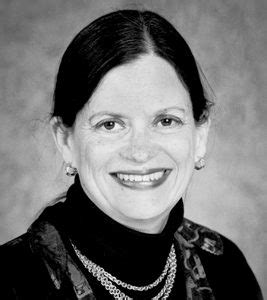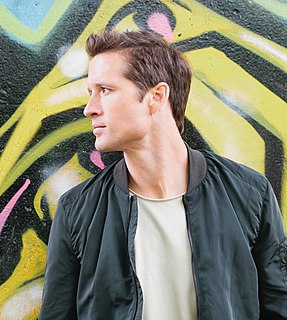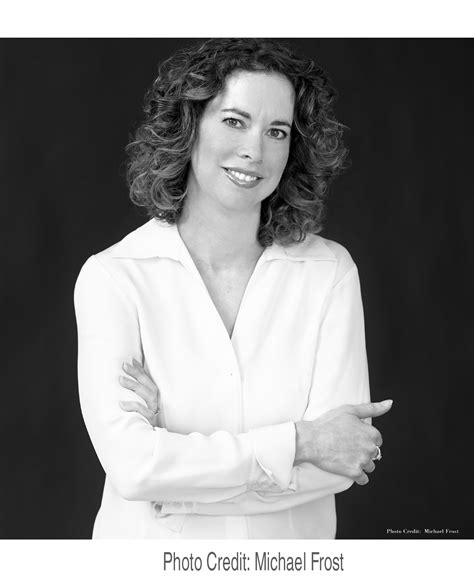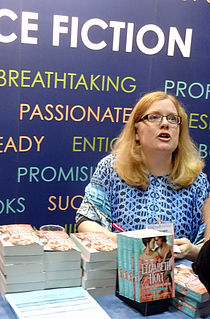A Quote by James Keller
During a rehearsal of Beethoven's Ninth Symphony the members of the orchestra were so overwhelmingly moved by the conducting of Arturo Toscanini that they rose as one man and applauded him. When the spontaneous cheering has subsided, Toscanini turned to his men, tears glistening in his eyes. "Please . . . please! Don't do this! You see, gentlemen, it isn't me you should applaud. It's Beethoven!"
Related Quotes
The point of recapitulation in the first movement of Beethoven's Ninth Symphony unleashes one of the most horrifyingly violent episodes in the history of music....The point is not to hold up Beethoven as exceptionally monstrous. The Ninth Symphony is probably our most compelling articulation in music of the contradictory impulses that have organized patriarchal culture since the Enlightenment. Moreover, within the parameters of his own musical compositions, he may be heard as enacting a critique of narrative obligations that is...devestating.
“Run,” he whispered. “Run.” “No, Rand,” I said, brushing the dirt from his face. “I’m tired of running.” “Forgive me, please.” He clutched my hand as his eyes beseeched me through tears of pain. “You’re forgiven.” He sighed once, then stopped breathing. The shine in his brown eyes dulled. I pulled his hood over his head.
Creativity is seeing what everyone else sees, but then thinking a new thought that has never been thought before and expressing it somehow. It could be with art, a sculpture, music or even in science. The difference, however, between scientific creativity and any other kind of creativity, is that no matter how long you wait, no one else will ever compose "Beethoven's Ninth Symphony" except for Beethoven. No matter what you do, no one else will paint Van Gogh's "Starry Night." Only Van Gogh could do that because it came from his creativity.
Griffin, please,” she whispered. “Do you want me?” he asked. “Yes!” She tossed her head restlessly. She’d explode if he didn’t give her release soon. “Do you need me?” He kissed her nipple too gently. “Please, please, please.” “Do you love me?” And somehow, despite her extremis, she saw the gaping hole of the trap. She peered up at him blindly in the dark. She couldn’t see his face, his expression. “Griffin,” she sighed hopelessly. “You can’t say it, can you?” he whispered. “Can’t admit it either.
I tried to concentrate on the angel's voice instead. "Bella, please! Bella, listen to me, please, please, please, Bella, please!" he begged. Yes, I wanted to say. Anything. But I couldn't find my lips. "Carlisle!" the angel called, agony in his perfect voice. "Bella, Bella, no, oh please, no, no!" And the angel was sobbing tearless, broken sobs. The angel shouldn't weep, it was wrong. I tried to find him, to tell him everything was fine, but the water was so deep, it was pressing on me, and I couldn't breathe.





































